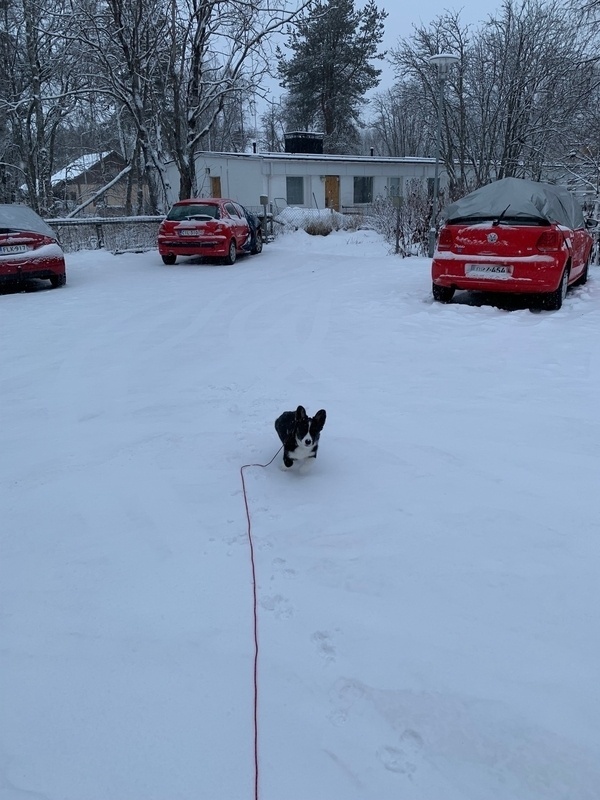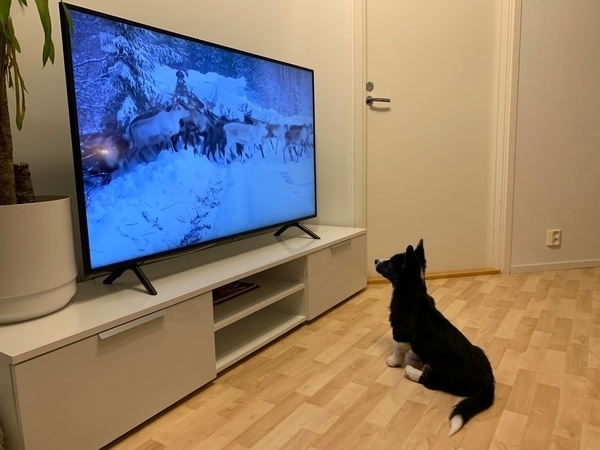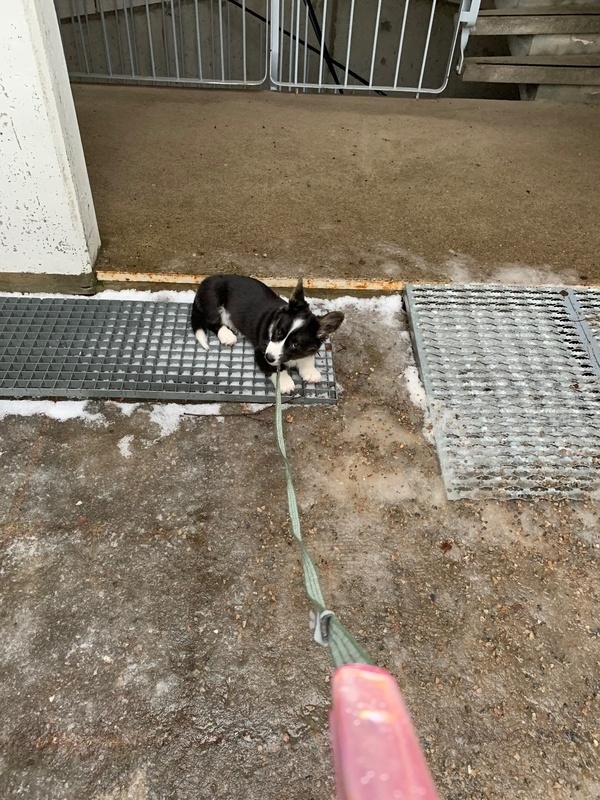DailyDogo 35 🐶

DailyDogo 35 🐶

DailyDogo 34 🐶

DailyDogo 33 🐶

DailyDogo 32 🐶

DailyDogo 31 🐶

There might not be a Puppycast 🐶🎙 this week, because after recording it three times already, also this last episode is technically unlistenable. The combination of crunchy snow and my winter hat covering the air pod‘s mics makes it so.
DailyDogo 30 🐶

DailyDogo 29 🐶

DailyDogo 28 🐶

DailyDogo 27 🐶

DailyDogo 26 🐶

DailyDogo 25 🐶

DailyDogo 24 🐶
DailyDogo 23 🐶

Continuation of the allergy saga, positive reinforcement, seeing her grow, capturing behaviors (wait = wait and sit at the moment)
DailyDogo 22 🐶

DailyDogo 21 🐶

DailyDogo 20(!) 🐶

DailyDogo 19 🐶

DailyDogo 18 🐶

DailyDogo 17 🐶

allergies , nipping, potty training is hard, barking, first Puppy date
DailyDogo 16 🐶

Puppycast for this week is still coming. It seems that I deleted the episode instead of publishing it. 🐶😅
DailyDogo 15 🐶
